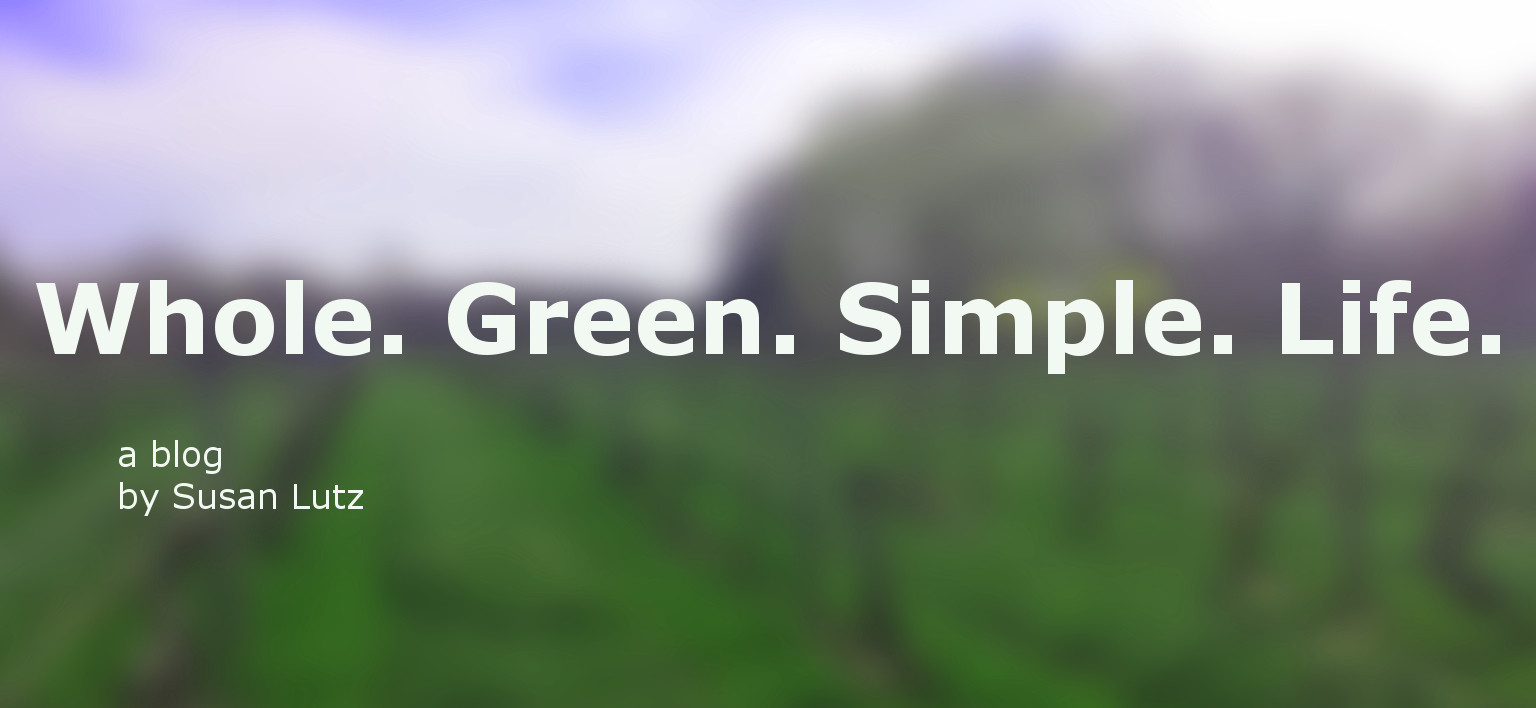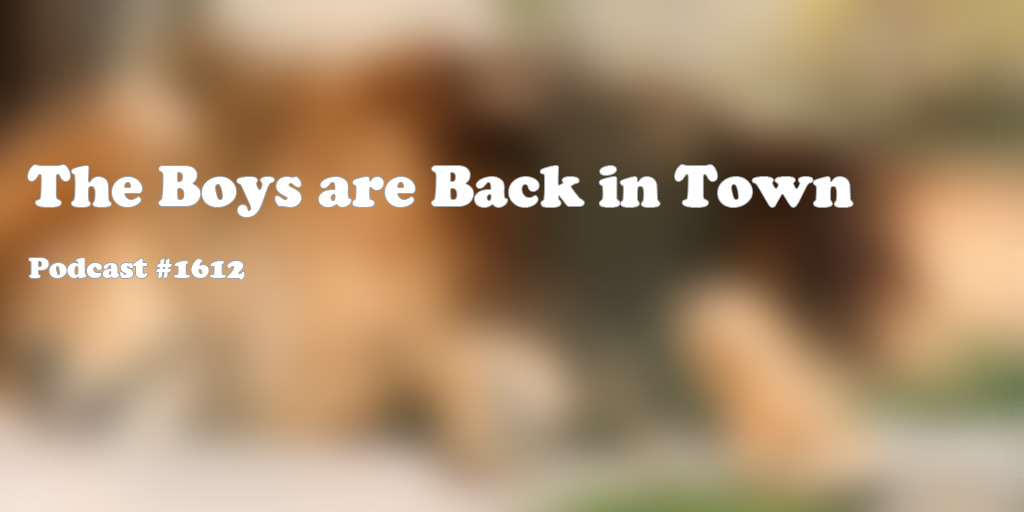Like Alice in Wonderland, I grapple with questions of reality and identity. We seem to be painting the roses orange instead of red! What would Lewis Carroll’s take on Alice be today and what would he write about the bizzaro state of the US of A? Our society is staring through the looking glass, and what we see is Mike Judge’s 2006 movie Idiocracy. It turns out that Idiocracy was not actually a Sci-Fi, Adventure Comedy movie but rather a documentary about the year 2020 by a time traveler. Idiocracy was granted new life during a tense 2016 election and continues to feel dangerously close to reality in its aftermath. The legacy of a film that Rolling Stone once called the “smartest stupid movie ever made” is more reality than fiction. I cannot grasp what is going on in the world today. There is an uptick in extremism, misinformation, outright lying and bias in America happening in plain sight. The media pipeline is dropping the ball, and is no longer a check on government or anything else. A story lives for one day and then gets buried. When meteorologists received death threats for reporting that the recent monster hurricanes are caused by climate change and the fossil fuel industry, which has been spewing carbon emissions into the atmosphere for decades, its time for the media to wake up and follow the story daily. Mainstream media must report on a constant basis that fossil fuel emissions are causing the ocean temps to be that of a hot tub, which in turn fuels category 4 and 5 hurricanes. Instead they focus on disinformation, propaganda, hate speech and bias. The go to source for news is now social media. X (formerly Twitter), Facebook, Tik Tok and others reach hundreds of millions of people, who use it as their primary news source. Hard hitting and fact based journalism is slip sliding way. On this episode of TMSOG podcast our resident environmentalist, political analyst and curmudgeon, George Polisner, founder of Civ.works, gives us some insight into environmental and political issues. We discuss the breakdown of the media pipeline, the recent threats to Meteorologists about reporting on hurricanes, the Presidential election, what to do between now and November 5th to help save democracy, and more. For more info go to Civ.works where you can also check on your voter registration. Also check out fair.org and medialiteracynow.org
To listen to past TMSOG shows go to HudsonRiverRadio.com and Malcolmpresents.com. Follow The Many Shades of Green on Facebook, Instagram and Threads @tmshadesofgreen. Listen to TMSOG podcasts on all major podcast apps. #RaiseYourEcoConsciousness
TMSOG is on Feedspot’s list of the 50 Best Environmental Podcasts to follow in 2024!



